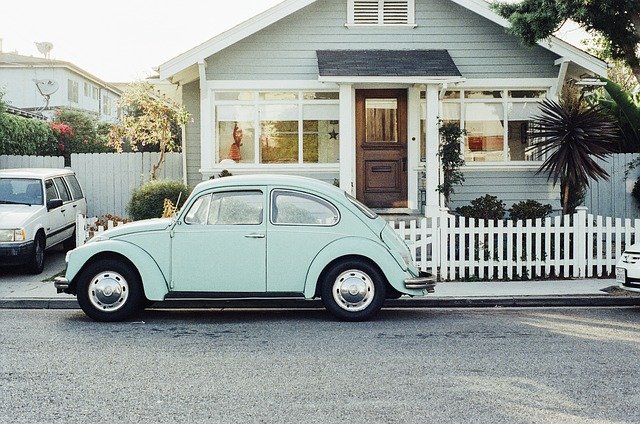What Every New Homeowner Needs to Know about Insuring Their Home
Image by JayMantri from Pixabay
Homeowner’s insurance isn’t a luxury; it’s necessary that all home buyers purchase before or immediately after they buy a home. Insurance will protect your home against internal and external damages, including fire, hurricanes, and theft. It’s smart to have some protection against the elements in case of an emergency.
Different Homeowner’s Policies
Damage to Exterior + Interior of Home
If your home receives damage due to hurricanes, lightning, fire, vandalism, or other disasters, insurers will reimburse you for repairs or rebuild if the damage is severe. Destruction from earthquakes, floods, or poor maintenance isn’t usually required unless you purchase another package. Sheds and garages can also receive this coverage.
You are unlikely to receive coverage if a part of your home, like the roof, is already damaged. Learn how to get homeowners insurance with a bad roof by following the link because you will still need homeowners insurance while your roof is undergoing repairs.
Possessions inside the home like appliances, clothing, and furniture may be covered if damaged during a covered disaster. Reimbursement on personal items often has a stricter limit of 50-70% of the amount lost.
If you have a lot of expensive artwork or jewelry, we recommend putting extra insurance on an itemized schedule, buy a separate policy, or purchase a rider.
Personal Liability (Damage + Injuries)
If someone, like a customer, friend, or family member, gets hurt on your premises, personal liability insurance will protect you from getting sewed. Personal liability is helpful for homeowners that run a business in their home or for pet lovers.
However, sometimes this insurance won’t protect you from getting sued but will instead protect you from reimbursing the hurt person. Lost wages, pain, suffering, or hospital bills will be covered up to a certain amount if they do sue.
House Rental or Hotel (For Out-of-Home House Repairs)
If you’re away from the house (or forced out) due to repairs, you can apply for additional living expenses, which will reimburse your hotel room, rent, restaurant meals, and costs associated with living outside of the home. This policy limits where you can stay and daily limits on how much your food and toiletries will cost.
The Three Levels of Coverage
Total (Actual) Cash Value
The name can be deceiving because an actual cash value coverage likely won’t cover the value of what the item cost when you bought it. Actual cash value will cover costs of the home plus depreciation (not what you paid for the item initially).
Cost Replacement
Similar to Actual cash value, except it covers your possessions and home without factoring in depreciation. You may want to take out cost replacement coverage on items that will depreciate over time, like some jewelry. Cost replacement will also be helpful for comic books, blu rays, and video games because auction markets dictate their value.
Extended (Guaranteed) Replacement Value/Cost
Guaranteed replacement cost insurance will cover any repairs to your home that extend your policy limit. Not all insurers offer this insurance, but there is still a cap on the coverage you purchased if they do. Expect a ceiling of 20-25% higher than the limit.
It’s a good idea to purchase extended replacement value insurance if your home is a few years old because your quoted insurance amount will change after purchase. What could cover the cost of repairs 5 years ago won’t in the current day.
What Isn’t Covered?
Homeowners Insurance will cover most scenarios, but some events like ‘acts of God’ or ‘acts of war’ will almost always be excluded by your insurance provider.
If you need extended insurance for floods or earthquakes, you can take out an additional policy that covers them. Even sewer and drain backup coverage are available if required.

